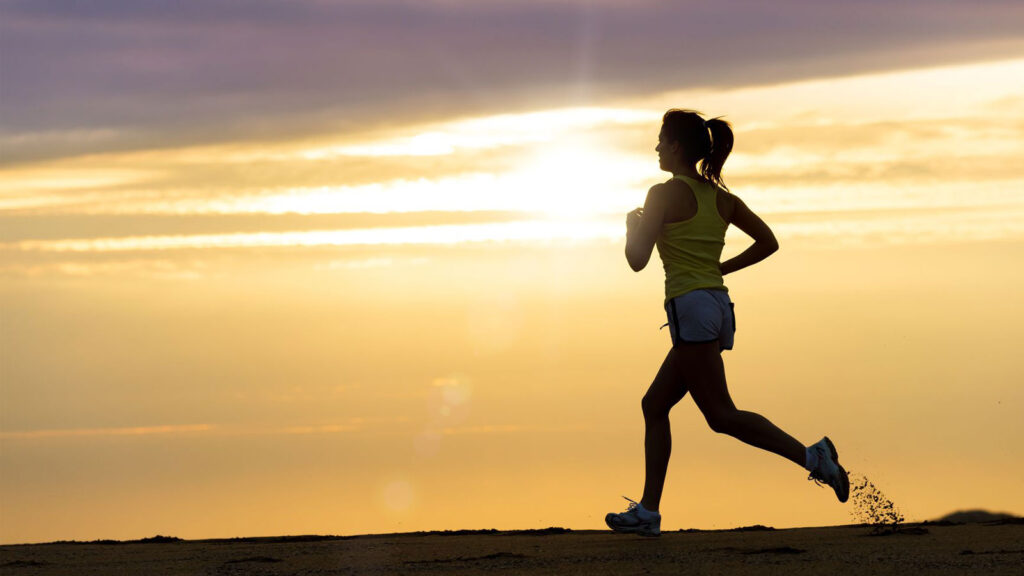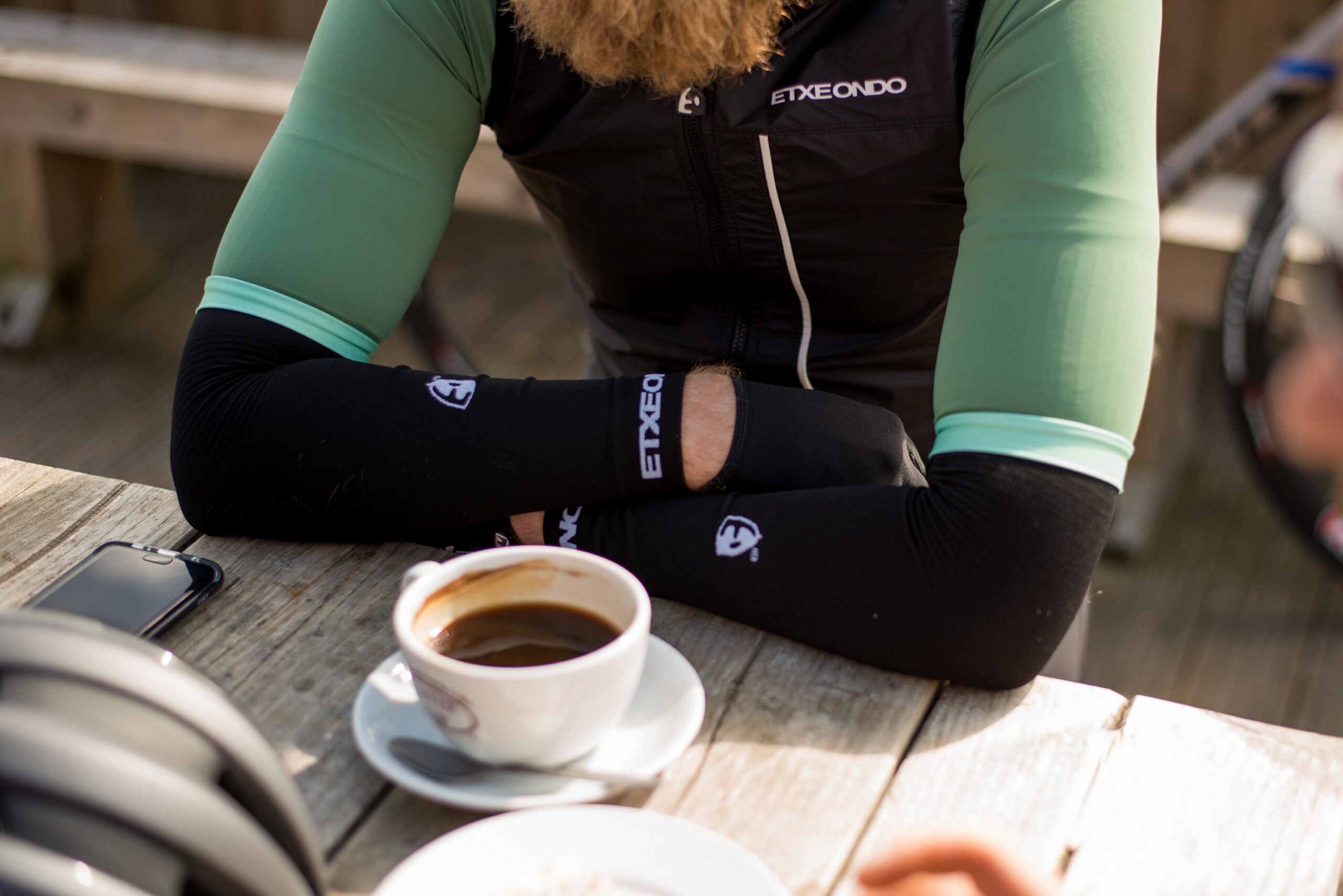mix running and caffeine, If you’re a runner, you might be unable to comprehend running on the trail or road without a quick jolt of coffee. You may need caffeine to relax your mind to even put on shoes for your trail running sneakers correctly. For many runners, caffeine certainly enhances performance, whether it’s a cup of coffee or gels that contain caffeine to aid in longer runs. However, there are adverse effects of drinking caffeine, and this is evident if you’ve been a victim of the shakes, heart racing, or the fearful diarrhea of the runner on the day of a race. Can caffeine help aid in running? Should runners stay away from caffeine and focus on training on their own to reach those performance indicators? We talked to an endurance athlete and coach Susan Kitchen of Race Smart, a Sports Certified Registered Dietitian, to find out the answers and discover the best way to use caffeine to aid your running.
Does caffeine improve your running?
It’s untrue that many people worldwide believe they’re unable to function with their coffee at the beginning of the day and are probably good without it. However, when it concerns training for a race, studies have proven that caffeine can result in “small however significant” improvements in performance.
According to Kitchen The Daily, caffeine may benefit aerobic endurance workouts such as running because it improves your muscular fitness, endurance, and movement speed. Although it may be due to adrenaline pumping you forward, the actual reason for these results is believed to be primarily due to its effect on your Perceived Level of Exertion.
“The major reason to use caffeine as a stimulant for performance is that it blocks an action of the hormone adenosine, decreasing fatigue and reducing pain sensations,” explains Kitchen, who explains that the strength of the effects of caffeine differs between individuals.
There’s a second evident benefit that you’ve seen you and many associates with caffeine. It wakes you up.
“Caffeine increases the activity of your central nervous system, enhancing alertness and reducing fatigue during endurance sports,” says Kitchen, noting that it is particularly beneficial in exercising in hot conditions and high-altitude running. The advantage of this information for athletes is unimaginable – for instance when you’re running in the final miles of your race. Notice a participant on your shoulders who is closing the distance between you. You’ll be capable of observing their speed and then adjusting your speed to ensure you’re ahead regardless of speed on rough terrain.
Read More: 06 Gym Essentials to Increase Your Workout
Should runners stay clear of caffeine?
All of these advantages of caffeine during a run are convincing. However, you’re not one of those who’s had heart palpitations since drinking espresso before running a half-marathon. In this situation, consider whether you ought to avoid it altogether. But is there a method to reap the benefits of caffeine without suffering the negative side adverse effects?

According to Kitchen, the possibility that you experience an adverse reaction to caffeine can depend on how often you use it and the dose.
“Athletes who do not regularly drink coffee or consume extremely high doses risk suffering adverse side consequences. These can include GI anxiety, nausea and vomiting, increased heart rate and tachycardia, dizziness, fatigue, and shaking.”
Kitchen describes that the recommended dosage for caffeine (not coffee) is 3 milligrams per kilogram body mass. She suggests that staying near the lower limit of this dosage could be the best option when looking for performance enhancement. Very high doses of caffeine (think: 9 mg/kg) are associated with increased side effects, and the course will lead to dehydration. They’re ultimately unnecessary to elicit a performance-enhancing effect.
To understand what your coffee habits will mean and figure out what that means, plug your body’s weight into this useful caffeine calculator from the Caffeine Informer to find out the daily amount you are. Then, if you’re using gels for running that contain caffeine, the product will inform the user right on the package of the number of milligrams of caffeine they have, making it simple.
If you drink coffee, the amount of caffeine in coffee varies significantly between different types of coffee and brewing techniques. Still, as a rough estimate, the Caffeine Informer further explains that 400mg of coffee is roughly 5.2 cups of espresso. This is the equivalent of one Venti-brewed Starbucks coffee. If you’re running 65 kilograms (143lb), this should be your maximum amount of caffeine for the day. Ensure you take all your daily caffeine intake, such as coffee, tea, sodas, supplements, and other drinks. It’s crucial to remember that just because it’s the maximum amount you can manage, you can still consume it all at the end of the day. You’ll need to know your sensitivities to caffeine to determine whether it’s best to stay away from it and what you can tolerate.
In the end, there is no need to stay away from caffeine when you run. However, more is sometimes better.
What is the best time to run? Should I consume coffee?

After we realized that there were, in fact, many significant advantages when you drink caffeine for runners and other athletes, we breathed a breath of relief and asked one last inquiry for Kitchen what the ideal moment to drink is?
“The most frequently used time of supplementation with caffeine is pre-exercise for 60 minutes,” says Kitchen, who states that the ideal time for caffeine intake will depend on the caffeine source.
“For example, compared to capsules of caffeine, chewing gum with caffeine could require a shorter interval between consumption and the time of the first exercising.”
In short, an hour before your run is the most popular method; however, with gum, you might need less time, but keep in mind the golden rule that you should always follow the program you plan to implement for race day, in race-like conditions, so that there’s nothing new to learn on race day. It’s essential to figure everything out before your next big run and if you’re going to an event, make sure to check out our list of the most efficient camp coffee makers to get your favorite cup of cold press coffee or espresso wherever you go.


